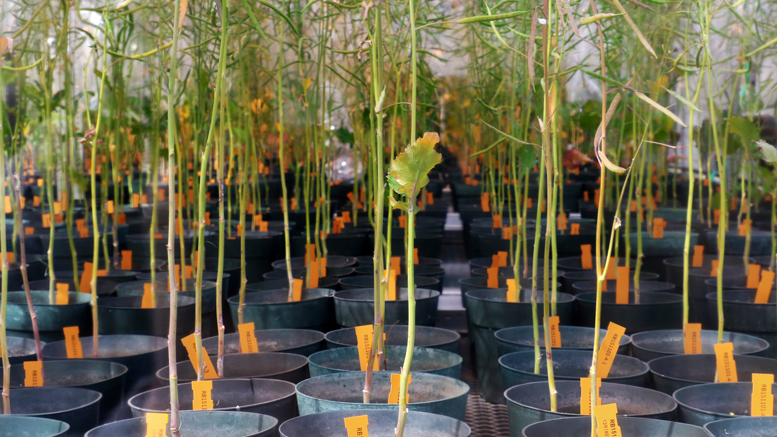The University of Manitoba is doubling down on its sustainability efforts after the board of governors approved the second incarnation of the Sustainability Strategy at its March 15 meeting.
Building on the inaugural strategy drafted in 2012, the updated policy identifies eight “big moves” to be addressed in the strategy’s three-year term between 2016-2018, which include identifying research opportunities, developing an organic waste management program, and setting transportation goals for the university community.
The policy also looks to advance a strategic research plan, renew green operations and maintenance efforts, and adapt indigenous design and planning principles.
The strategy includes short- and long-term goals and in addition to the eight main initiatives, the policy identifies 70 actions categorized within conservation and efficiency; transportation and accessibility; ecology and environment; climate and campus life; and land use groupings.
The university’s ongoing efforts were recognized in 2014 with a Manitoba Excellence in Sustainability Award and in 2015 with a Sustainability Tracking, Assessment and Rating System (STARS) Silver rating from the Association for the Advancement of Sustainability in Higher Education.
Ian Hall, director of the office of sustainability at the U of M, told the Manitoban that the newly adopted strategy offers two avenues forward.
“One is guidance on how to manage the footprint of the university – the environmental footprint – and how we are going to do that. The other thing it talks about is creating a sustainability program that is participatory, and that has learning opportunities with it as well,” he said.
“I believe, more practically, we’ll start to see some changes in terms of social, environmental and economic performance of the university,” he added.
Hall said the strategy contains measures to assess the university’s progress and better manage the use of resources on campus.
“With these policies, the university hopes to be less resource-intensive because we are currently running out of time,” he said.
“There is an urgency around planning for climate change, as it is uncertain what the future of our energy prices hold.”
Ronald Stewart, an atmospheric scientist and professor in the department of environment and geography at the U of M, said post-secondary institutions should lead the charge in understanding and adapting to climate change.
“Universities can lead through demonstration and example of sustainable practices that reduce the factors leading to climate change, as well as demonstrate how best to adapt it,” he said.
Hall noted that through refining expertise in research and education surrounding sustainable development, the strategy aims to contribute to the growing green economy.
Additionally, with an entire section of the strategy dedicated to actions on climate protection and adaptation to climate change, Hall said the university can impact what kind of future solutions take shape.
“I hope that in addition to taking action within our community, we can continue to contribute knowledge through teaching and research on what solutions to climate change are going to look like,” he said.
“Through the experience that staff, students, and visitors have to our university, we can help them to understand what a climate-responsible place to [attend] school or work feels like.”
John Sinclair, chair of the University of Manitoba sustainability committee, agreed the new strategy can have a tangible impact on managing climate change.
“Our impacts on climate change can be huge in terms of the information we share,” he said.
“Operationally, universities probably have a moderate carbon footprint compared to industry. The most important issue is coming up with ideas and doing research into coping strategies. We can try to shift to more carbon-neutral approaches to our activities, for example, in areas of cooling and heating buildings, and transportation.”
David Barber, associate dean of research for the faculty of environment, earth, and resources, said the potential of such research initiatives should not be underestimated.
“If we collectively commit to this, we could significantly reduce the negative impacts of future warming of our planet and all of the commensurate risks associated with this,” he said.
“Sustainability is an issue for all institutions and organizations,” he added. “Leadership is key if we want to see a wholesale conversion of our national and international institutions towards a sustainable future.”


